DESPITE winning four of its last five games against Geelong, Hawthorn still has one piece of unfinished business to attend to at the MCG on Saturday night.
The Hawks are yet to win an away game at the MCG against Geelong, after six failed attempts in the past six seasons.
Hawthorn has of course been close to victory in these games, with losing margins of just one, two, five, two and 10 points, before a comparatively large margin of 19 points in Round 5 last season.
Prior to the first MCG away game against the Cats in 2009, previous away games versus Geelong had been at Corio Oval (13 games), Kardinia Park (48), Waverley (six) and Docklands (four), with Waverley the only one where the Hawks had a positive record.
So now, after Hawthorn has played a total of 77 away games against the Cats, the record is 23 wins, 53 losses and one draw, Hawthorn’s third worst away record against any club.
Fortunately, the home record against Geelong is much better, with 42 wins and 29 defeats, and most crucially the Hawks have a 6-3 advantage in finals. This leaves the overall record between the two clubs after 157 games as Hawthorn 71, Geelong 85 and one draw.
*****
Hawthorn’s most recent away win against Geelong was at Kardinia Park in Round 3, 2006, the match resulting in a stunning 52-point upset win for the Hawks.
Geelong were early season flag favourites but, after leading by seven points at half-time, the young Hawthorn team slipped away to a 21-point three quarter time lead and then blew the Cats away to win 15.11.101 to 7.7.49.
The Brownlow votes went to Luke Hodge, Sam Mitchell and Richie Vandenberg – the current skipper and two past captains of the club.
*****
In the 25 games between Hawthorn and Geelong from 1987 to 2000, the Hawks had 20 wins, including ten by less than two goals, and only five defeats (none in close games).
The 10 narrow wins were by margins of three (1987), eight (1989), six (1989 GF), two (1991 SSF), five (1995), two (1996), six (1997), two (1999), two (1999 again) and nine (2000 EF).
*****
In the mid-late 1990s, Hawthorn showed a remarkable capacity to beat much higher rated Geelong teams at Kardinia Park.
One of the most striking wins was in 1995 when a Geelong team which went on to play in that season’s Grand Final lost to a Hawthorn side which finished 15th.
What made the result even more remarkable was that the Hawks team which won at Geelong was missing several of its best players. John Platten, Darrin Pritchard, Paul Hudson, Anthony Condon, Stephen Lawrence and Scott Maginness were already missing from the selected side and Jason Dunstall was a late withdrawal.
Then to compound the Hawks’ woes Ray Jencke suffered an early injury.
Yet, after holding a narrow quarter time lead, early second quarter goals to debutant Shannon Gibson and Simon Minton-Connell saw Hawthorn get as far as 25 points ahead before the inevitable Geelong fightback.
The combination of inaccuracy by the Cats and ferocious defending by the Hawks somehow saw the visitors hang on to win 11.12.78 to 9.19.73.
Paul Dear played perhaps his best game since the 1991 Grand Final, while Simon Crawshay produced his best ever performance. Other good players included Tony Woods, Nick Holland and Alex McDonald.
*****
There was a Round 20 played in 1945 and there has been one every year since 1968. In 1945, 1968 and 1969 it was the final round of the home and away season.
In 1945, the Hawks played eventual Grand Finalists, South Melbourne, at their temporary war-time home ground of the Junction Oval, losing by 36 points.
Hawthorn recorded wins in both 1968 and 1969, against Fitzroy and St Kilda respectively, with Peter Hudson booting eight goals in each game, to finish with 125 and 120 for the seasons.
Overall in Round 20, Hawthorn has won 28 and lost 20. In the Clarkson era, the Hawks have won seven and lost three, including victories in the last five against Melbourne (2010), North Melbourne (2011), Port Adelaide (2012), St Kilda (2013) and Melbourne (2014).
*****
Ten years ago, in Round 20 2005, Hawthorn won its first game against Essendon for eight years.
Even more notable for historians is the fact that it is the only game in Hawthorn’s VFL-AFL history when the jumpers the team wore did not include any brown or gold.
To celebrate the heritage round the Hawks wore a royal blue jumper, with white and red braces, replicating one which the club had worn in its very early days well before joining the VFA in 1914.
Hawthorn won 17.15.117 to 16.8.104 with outstanding performances from Trent Croad, Ben Dixon and Simon Taylor up forward; from Luke Hodge, Shane Crawford and Richie Vandenberg in the midfield; and promising efforts in defence from Brad Sewell and Jarryd Roughead.
Twenty-five years ago, in Round 20 1990, Hawthorn thrashed eventual Premiers Collingwood by 83 points – 26.7.163 to 12.8.80.
Jason Dunstall kicked 11 goals and Dermott Brereton and Jimmy Morrissey contributed three each, while Darrin Pritchard and Dean Anderson led a dominant midfield.
To add to the good news for the Hawks, other results meant that there was still a realistic chance of snatching third place over the concluding rounds and thus securing a double chance under the 'final five' system.
*****
The individual goal-kicking record for a Hawthorn player versus Geelong is 12, kicked by Jason Dunstall in 1990 and 1992, while Wally Culpitt kicked 10 against them in 1944.
The Round 20 Hawthorn record is also held by Jason Dunstall, who kicked 12 against Essendon in 1992.
Other 10 goal-plus Round 20 hauls for Hawthorn were Dunstall’s 11 versus Collingwood in 1990 and Michael Moncrieff’s 10 against Essendon in 1972.



